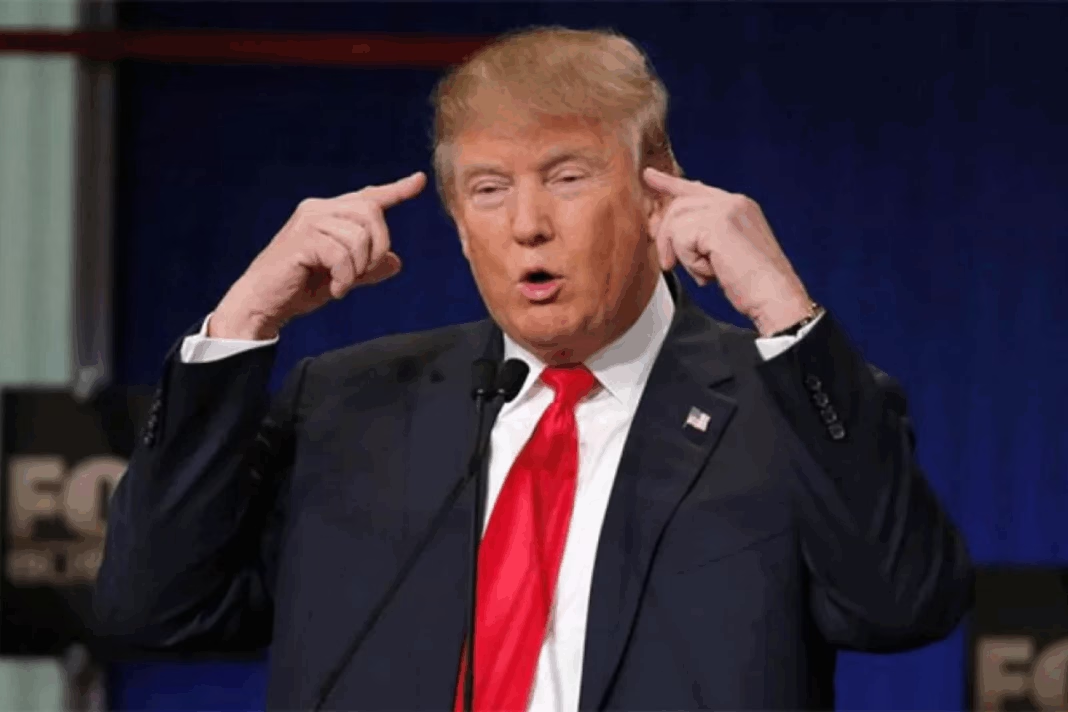Recently, a US court delivered a very important verdict that the tariffs imposed by Donald Trump are not legal. It goes without saying that these tariffs were envisaged during his administration and had repercussions for almost everyone who traded with the US. As a result of the decision, it is now possible that the duties may be removed, thus freeing countries such as India that have had to endure the consequences of the restrictions.
Trump’s Tariff Policy Under Scrutiny
The implementation of Donald Trump’s tariffs was mainly for the aim of American industries protection and job creation at the local level. However, the impositions soon attracted widespread criticisms and complaints from other countries, which accused the US of violating global trade laws. The verdict of the court has just turned these complaints into allegations, calling for a cessation of these acts and describing them as not compliant with the rules that had been set.
DON'T MISS
Relief on the Horizon for India?
Before the court issued its decision, India was one of the most affected countries by the tariffs, as there were numerous goods on which the duties were increased. These tariffs were certainly a blow to exports, but they were also the reason for trade imbalances between the two countries. Following the removal of the duties, India may now have better access to the US market. A tariff rollback will not only be a good gesture for further strengthening of bilateral relations but also a way to lower the costs for exporters.
Trump’s Reaction to the Verdict
Notwithstanding the verdict, Donald Trump hasn’t given any sign of backing off. According to what Trump is reported to say, he is far from being convinced by the judgment and is planning to continue to fight against the tariffs, taking him politically. By this position, he complicates the matter and prolongs the time for compliance with the court’s decision until further legal or administrative processes intervene.
What This Means for Global Trade
The decision had global effects far beyond India. Some countries were worried about this because they thought that these unilateral tariffs would jeopardize the stability of their trade relations. The ruling, if carried out, is suggestive of a switch to fairer trade practices and the resumption of the trust of markets and exporters.



